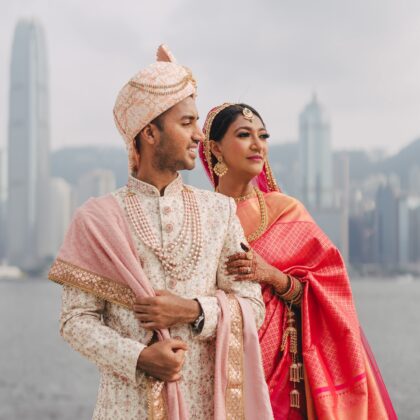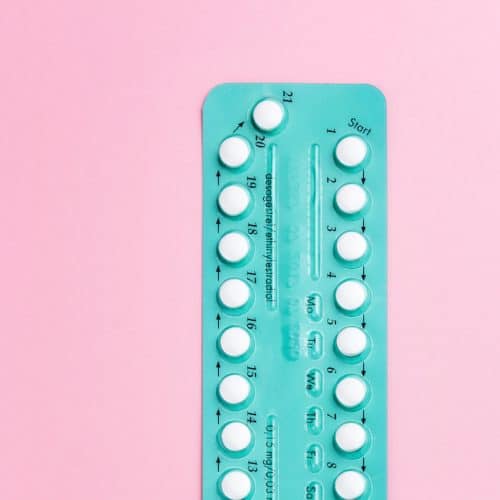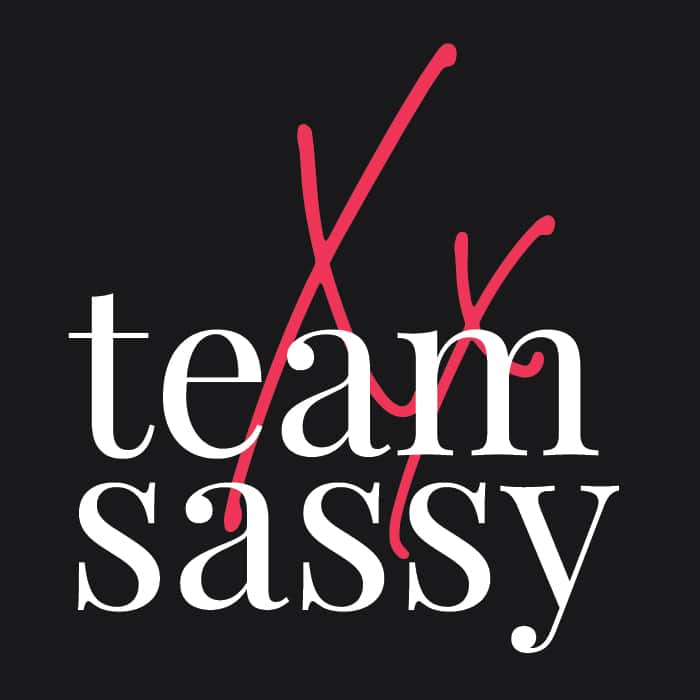There’s no need to feel embarrassed for wanting to lead a happy and healthy sexual life, so here’s everything you need to know about sexual health centres in Hong Kong.
According to the current World Health Organisation definition, sexual health is a state of all-rounded well-being in relation to your sexuality. It isn’t just the absence of disease and dysfunction; positivity and respect is required in order to have pleasurable and safe sexual experiences that are free from violence and discrimination. RuPaul is right – taking care of your own sexual health should be a priority before you get down and dirty with someone else. There’s no need to feel embarrassed for wanting to lead a happy and healthy sexual life – Hong Kong may not be the most sexually liberated city, but we’re here to help you find the resources you need.
Jump to:
Where to Go
What to Expect
Where to Go:
Public Clinics
- Chai Wan Social Hygiene Clinic
West Wing LG5, Specialist Out-patient Block, Pamela Youde Nethersole Eastern Hospital, 3 Lok Man Road, Chai Wan, Hong Kong. - Wan Chai Social Hygiene Clinic
6/F & 7/F, Tang Chi Ngong Specialist Clinic, 284 Queen’s Road East, Wan Chai, Hong Kong. (Registration office is on 6/F) - Yau Ma Tei Social Hygiene Clinic
3/F & 4/F, Yau Ma Tei Jockey Club Polyclinic, 145 Battery Street, Yau Ma Tei, Kowloon, Hong Kong. - Yung Fung Shee Social Hygiene Clinic
4/F, Yung Fung Shee Memorial Centre, 79 Cha Kwo Ling Road, Kwun Tong, Kowloon, Hong Kong. - Tuen Mun Social Hygiene Clinic
5/F, Tuen Mun Eye Centre, 4 Tuen Lee Street, Tuen Mun, New Territories, Hong Kong - Fanling Integrated Treatment Centre (Social Hygiene Service)
6/F, Fanling Health Centre, 2 Pik Fung Road, Fanling, New Territories, Hong Kong
Private Clinics
The Family Planning Association of Hong Kong, www.famplan.org.hk/en
- Wan Chai Youth Health Care Centre
FPA Hong Kong Jockey Club Youth Zone, 8/F Southorn Centre, 130 Hennessy Road, Wan Chai, Hong Kong - Mong Kok Youth Health Care Centre
Room A, 13/F Full Win Commercial Centre, 573 Nathan Road, Kowloon, Hong Kong - Kwai Fong Youth Health Care Centre
Unit 702-705, Level 7, Tower II, Metroplaza, 223 Hing Fong Road, Kwai Chung, New Territories, Hong Kong - Wan Chai Clinic and Sexual & Reproductive Health Centre
G/F & 9/F, Southorn Centre, 130 Hennessy Road, Wan Chai, Hong Kong - Ma Tau Chung Clinic
G-2/F, 105 Ma Tau Chung Road, Kowloon, Hong Kong - Wong Tai Sin Clinic
G/F, 1-2 Lung On House, Lower Wong Tai Sin Estate II, Kowloon, Hong Kong
- Yuen Long Clinic and Anita Mui Health Centre
G/F & 1/F, 149-153 On Ning Road, Yuen Long, New Territories, Hong Kong
- Tsuen Wan Clinic
Room 1621-1622, 16/F, Nan Fung Centre, 264-298 Castle Peak Road, Tsuen Wan, New Territories, Hong Kong
Other private clinics
- Neo-Health Medical Centre
21/F & 29/F, Li Dong Building, 9 Li Yuen Street East, Central, Hong Kong, www.neohealth.com.hk - Central Health
15/F, Baskerville House, 13 Duddell Street, Central, Hong Kong, www.centralhealth.com.hk - Atto Health
Room 704, 7/F, Manning House, 38 Queen’s Road Central, Central, Hong Kong;
8/F, Yue Hwa International Building, Ashley Road, Tsim Sha Tsui, Kowloon, Hong Kong; www.attohealth.org/sexual-health-centre - Optimal Family Health
Room 1903A, 19/F, The Centrium, 60 Wyndham Street, Central, Hong Kong; www.optimalfamilyhealth.com.hk/sexual-health
- Hong Kong AIDS Foundation
Private locations in Central, Shau Kei Wan and Lai Chi Kok. Call 2513 0513 to make an appointment.
- AIDS Concern
Flat B, 3/F, Fu Lee Commercial Building, 14-20 Pilkem Street, Jordan, Kowloon, Hong Kong; www.aidsconcern.org.hk/en
What to Expect:
Before you go
A prior appointment and doctor’s referral are not required at public clinics. Registration usually ends half an hour to an hour before closing time, and your wait will vary by location and time so be sure to arrive early! All public clinics listed above are closed on Saturdays, Sundays and public holidays. If you choose to go to a private clinic, you should definitely call ahead to enquire if they provide the service you require and to make an appointment. Unless you have an emergency, most private clinics will be unable to see you if you just walk in. The Family Planning Association’s Youth Health Care Centres, in particular, only provide services to unmarried women under the age of 26.
Both public and private clinics will test for syphilis, gonorrhea, non-gonococcal urethritis, genital herpes, genital warts, pubic lice, chlamydia and HIV/AIDS. These tests will be performed through urine and blood tests, swabs and visual examination. Emergency contraceptives, counselling and vaccines are more typically found at private clinics. Though we believe that you should spare no cost for your health, the clinics listed above offer services that fit a range of budgets – from free testing at public clinics, to comprehensive packages costing over $1,000.
What to bring
No matter where you choose to go, you must have your HKID card, or at least a form of photo identification. You will then need to register your information at reception and most clinics will provide you with a card for future visits. Some clinics may require a doctor’s referral and previous health records.
During your visit
A nurse or doctor will speak to you privately about your health and sexual history. The questions may elicit a red face, but from our experiences the staff are quite open-minded and helpful. They’ll talk you through different methods of birth control, different STI/STDs and how they can be treated, and will try their best to make you feel comfortable, no matter the reason for your visit. Their bedside manner is highly professional as well.
Results
You’ll be given results straight away for chlamydia and gonorrhoea and the nurse will chat to you about anything else that may be flagged at this stage, including performing follow-ups to previous sexual partners to get checked. For everything else, though it may be nerve-wracking, and patience is key. You will have to return to the social hygiene clinics after 3 weeks in person to get your results, as its policy does not allow notification over call or text. Private clinics are generally faster and you can choose to be notified with a simple phone call.
What’s next?
If all is well, keep on keeping on! If not, don’t fret – we’ve all been there. Not only can you speak to a nurse or counsellor, but we urge you to reach out to friends or family. If you want to learn more or even just grab some info for your partner, both public and private clinics offer educational services. We recommend you get screened after every new partner, or at least every three to six months. If you’ve had unsafe sex or just have your suspicions, the only risk is not knowing! Last but not least, wrapping it before tapping it isn’t the only thing that keeps sex healthy and safe, it also means that you and your partner(s) give and receive consent!
Editor’s Note: This article was originally published on 2 March, 2016, and was updated by Ines Fung on 11 September, 2018.


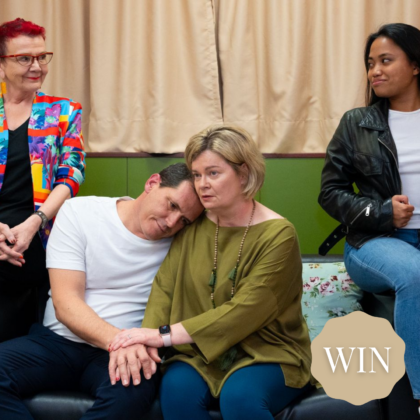

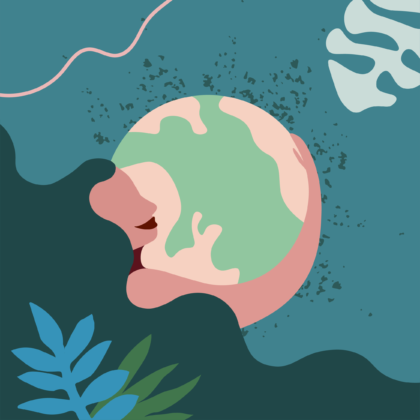
 Eat & Drink
Eat & Drink



 Travel
Travel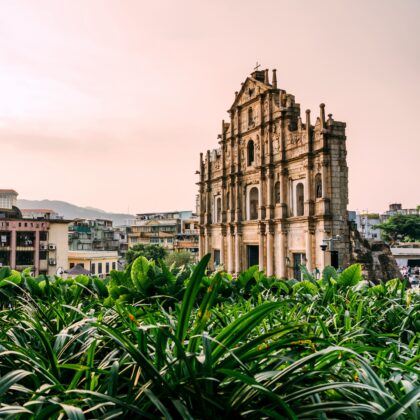
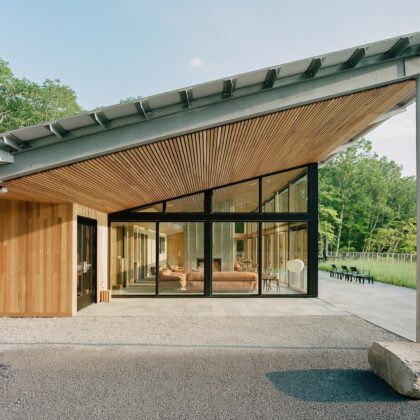
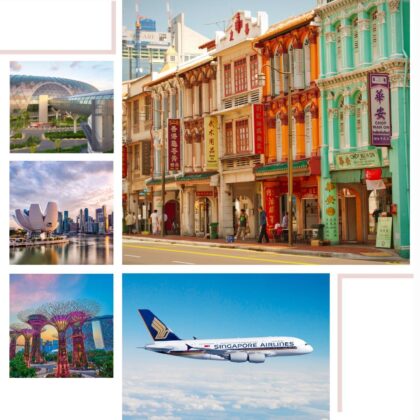
 Style
Style


 Beauty
Beauty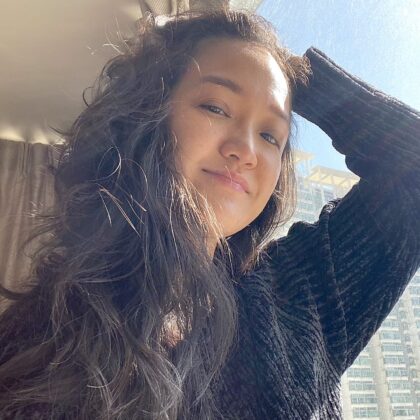
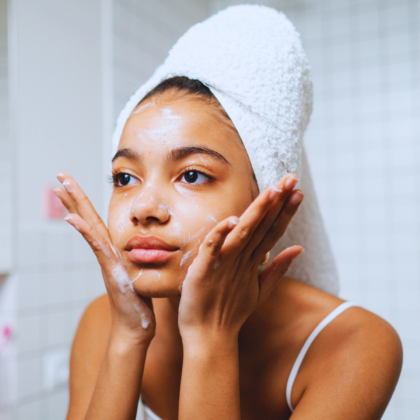
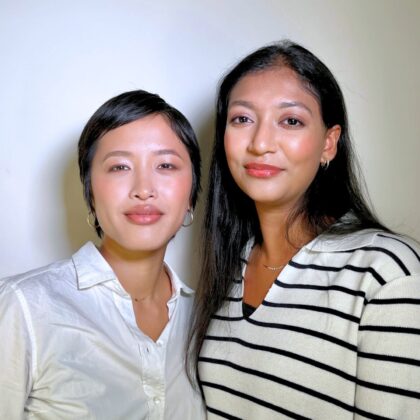
 Health & Wellness
Health & Wellness

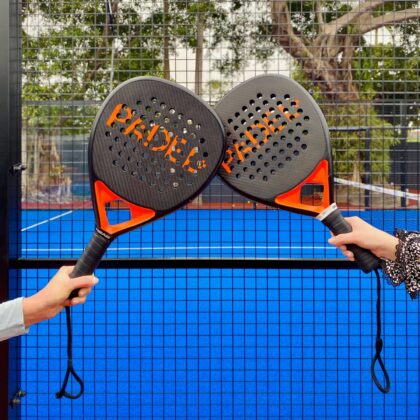
 Home & Decor
Home & Decor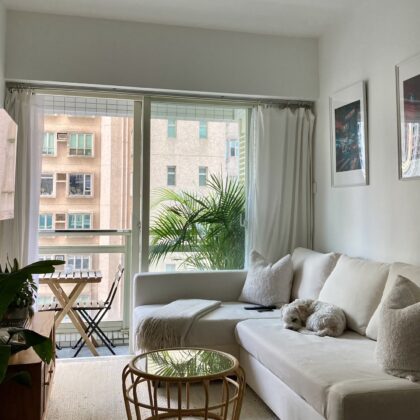

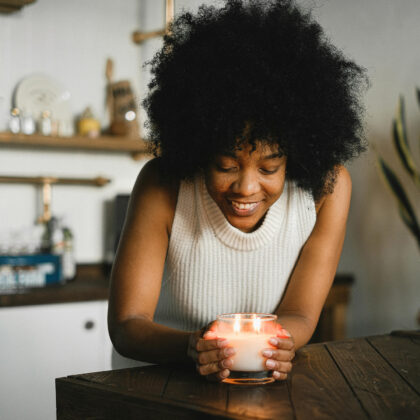
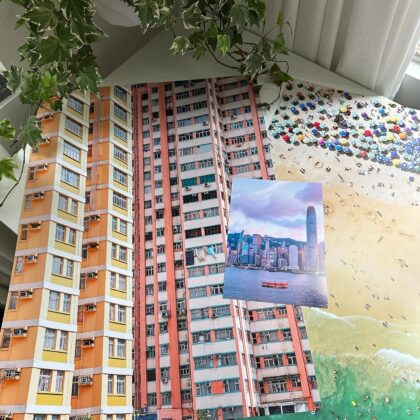
 Lifestyle
Lifestyle

 Weddings
Weddings